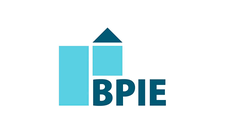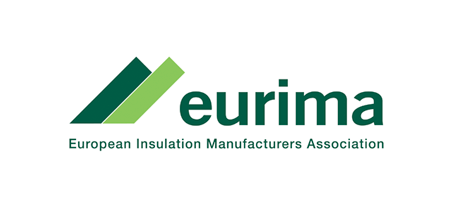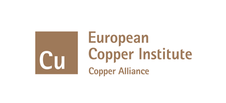Search eceee proceedings
Creating an interdisciplinary energy lexicon: Working with terminology differences in support of better energy policy
Panel: 1. Foundations of future energy policy
This is a peer-reviewed paper.
Authors:
Rosie Robison, Global Sustainability Institute, United Kingdom
Chris Foulds, Global Sustainability Institute, United Kingdom
Abstract
Language shapes the practices and processes of energy research and policy. It is thus challenging that each disciplinary community has its own taken-for-granted terminology, which can be difficult for ‘outsiders’ to understand. Much of the interdisciplinary literature has focused on the challenges experienced in relation to this, with very little done on solutions. Moreover, most attempts to provide an overview of such (energy-related) definitions have still been undertaken within disciplinary silos and have tended to be narrow in scope (e.g. glossaries for one particular research/policy community), and have thereby failed to provide an adequate platform for cross-cutting policy debate and interdisciplinary exchange. This paper therefore aims to investigate how an interdisciplinary common lexicon might be practically produced for energy researchers across the Social Sciences and Humanities (SSH), as part of providing a basis for interdisciplinary collaboration and a transparent platform for subsequent policy discussions. Specifically, the core of this paper (1) identifies a set of guiding principles that may assist in the creation of a lexicon and (2) proposes a method for creating an energy-SSH lexicon. All this is discussed in the context of a new EU Platform (SHAPE-ENERGY: Social sciences & Humanities for Advancing Policy in European ENERGY), which will follow this proposed method in creating its own interdisciplinary energy lexicon. We will conclude by reflecting on how a lexicon such as the one that we propose – e.g. that is reflexive, participatory, solutions-focussed, noted as being the start (not the end) of dialogue, and accounts for difference, etc. – could be used more broadly in other interdisciplinary and multi-stakeholder contexts.
Downloads
Download this paper as pdf: 1-267-17_Robison.pdf
Download this presentation as pdf: 1-267-17_Robison_presentation.pdf
Panels of
1. Foundations of future energy policy
2. Policy: governance, design, implementation and evaluation challenges
4. Mobility, transport, and smart and sustainable cities
5. Buildings and construction technologies and systems
6. Buildings policies, directives and programmes
7. Appliances, products, lighting and ICT
8. Monitoring and evaluation: building confidence and enhancing practices























